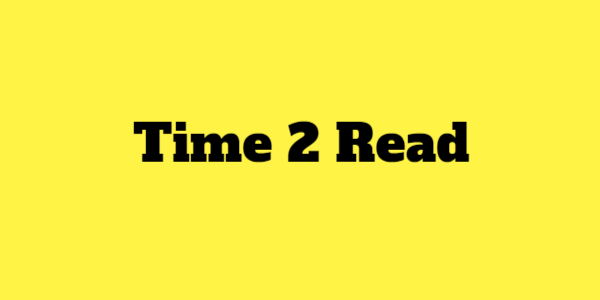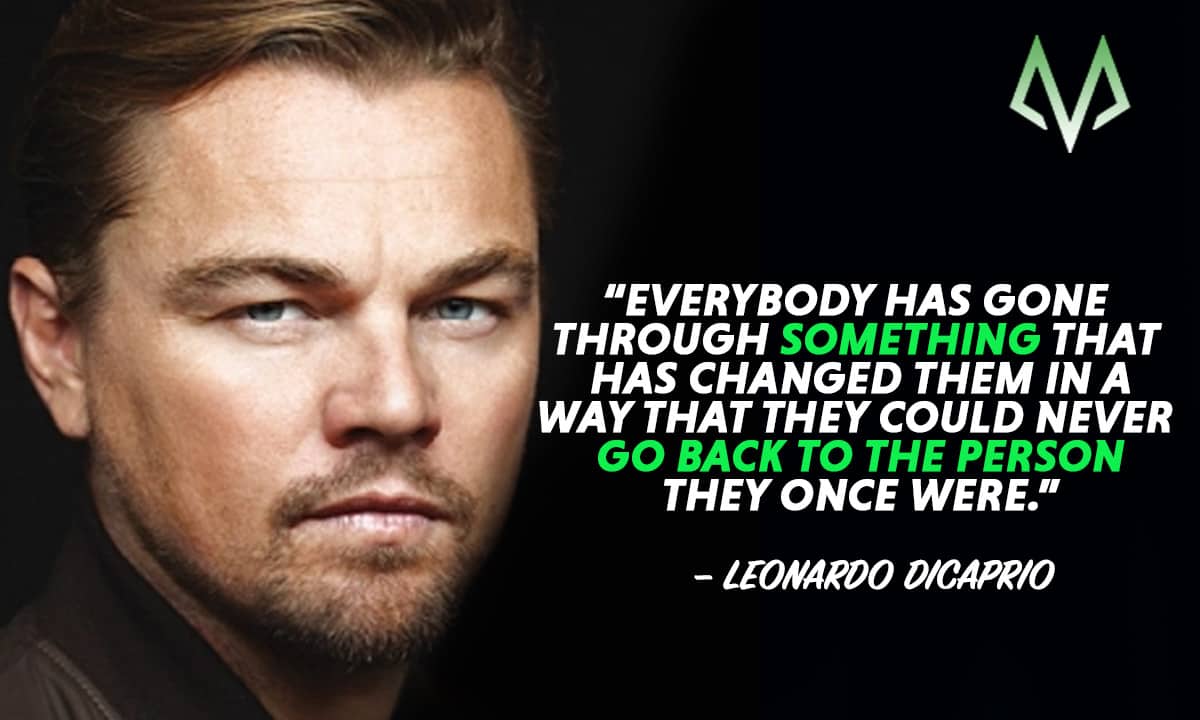Rich people don't just have bigger bank balances and more lavish lifestyles than the rest of us -- they also have bigger carbon footprints.
The more stuff you own, and the more you travel, the more fossils fuels are burned, and the more greenhouse gases are emitted into the atmosphere.
Jetting around, buying luxury goods, keeping mansions warm and driving supercars -- they all have a carbon footprint.
Oxfam has estimated that the average carbon footprint of someone in the world's richest 1% could be 175 times that of someone in the poorest 10%. Studies also show that the poor suffer the most from climate change.
But some argue that the wealthy can do the most to help fix the climate crisis. Here's how they could make a difference.
The buying decisions of the rich mean much more in the fight against climate change than those of most people.
Ilona Otto and her colleagues at the Potsdam Institute for Climate Impact Research estimated that the typical "super-rich" household of two people (which they defined as having net assets of more than $1 million, excluding their main home) has a carbon footprint of 129 tons of CO2 a year. That's around 65 tons of CO2 a year per person, which is over 10 times the global average.
Otto noted that because the sample in the study was small, the numbers are illustrative. "Probably our estimates are even lower than the true emissions of millionaires," she said.
"Regarding their own lifestyle choices, the rich can change a lot," said Otto. "For instance, putting solar panels on the roofs of their houses. They can also afford electric cars and the best would be if they avoided flying."
In the study, air travel accounted for more than half of the footprint of a super-rich couple.
Rich people also have more flexibility to make changes.
"A high-income consumer likely has access and is able to afford more climate-friendly products or produce from local farmers," said Tom Bailey, who contributed to a new report that highlights consumption in high-income cities.
"High-income cities and high-income individuals also have the resources to trial new products, services, and solutions," he explained, adding that they have the capacity to create a market for more sustainable goods.
As well as choosing what to spend money on, rich people can choose what industries to invest in -- or not to invest in.
Oxfam estimates that the number of billionaires on the Forbes list with business interests in the fossil fuel sector rose from 54 in 2010 to 88 in 2015, and the size of their fortunes expanded from over $200 billion to more than $300 billion.
But there's a trend of wealthy investors selling their shares in climate-harming industries, known as divestment.
Over 1,100 organizations and 59,000 individuals, with combined assets totaling $8.8 trillion, have pledged to divest from fossil fuels through the online movement DivestInvest.
Among them is Hollywood actor Leonardo DiCaprio, who signed the pledge on behalf of himself and his environment foundation -- as well as a group of 22 affluent individuals from the Netherlands who pledged to remove their personal wealth from the top 200 oil, gas and coal companies.
"You don't invest in coal, you don't invest in oil, in gas, also in some car companies that produce normal cars, or aviation, so you direct the financial flows," said Otto.
And with divestment, a little can go a long way. "We did some simulations that shows that with the divestment movement you don't need everyone to divest," said Otto. "If the minority of investors divest, the other investors will not invest in those fossil fuel assets because they will be afraid of losing money ... even if they have no environmental concerns."
Wealthy people are not just economic decision-makers, they can have a political influence too. They can fund political parties and campaigns and have access to lawmakers.
Otto argued that rich people could use their political power to instigate positive changes to climate policy.
"Those people with the highest emissions, they have the highest agency to change something," said Otto. "There's so much research about the poor, the impact of climate change on the poor ... sustainable development goals and so on. But when it comes to action and sustainability and transformation, the poor cannot do anything because they are busy surviving.
"But the educated, the rich and the super-rich -- it's a completely different case. They have the money and the resources to act and they also have the social networks," she explained.
The wealthy can also support climate research. In 2015, Microsoft founder Bill Gates committed $2 billion of his fortune to fund research and development into clean energy.
In May, a group of scientists wrote to 100 wealthy charities and families in the UK to ask for an "extraordinary increase" in funding for environmental and climate-related issues.
"We implore you to urgently consider a significant investment to prevent further ecological catastrophe -- whether through your personal investments or your philanthropy," the letter said.
There's plenty of incentive for the wealthy to demand climate action: A recent UN report warned that delaying climate policies will cost the world's top companies $1.2 trillion over the next 15 years.
The super-rich might also have an influence on other people's carbon emissions.
"High status in our societies remains associated with high material wealth," said Otto. "It's an aspiration to become like the very wealthy and you imitate the lifestyles of people who you want to be like."
For example, air travel is no longer only a treat of the super-rich. This year, budget airline Ryanair was the only non-coal plant among Europe's top 10 emitters.
"We as a society have to search for new ways of leading 'rich' lives that are independent of material wealth," said Stephanie Moser, of the University of Bern, in Switzerland, who found that a person's carbon footprint is better indicated by their income than their environmental beliefs.
"We have to redefine wealth in our societies such that living a "good life" is possible without high greenhouse gas emissions," she said.
New words and Phrases to learn:
Lavish: (adjective) (1) large, impressive, or expensive
(Example)
- A royal palace on a lavish scale
- A lavish lifestyle
- The food was lavish.
(2) Very generous
(Example)
- We were always lavish with financial aid in times of crisis.
- He was always lavish in his praise of my efforts.
- Their lavishly illustrated catalog
Stuff: (informal) used when you are talking about things such as substances, materials, or groups of objects when you do not know that they are called, or it is not important to say exactly what they are
(Example)
- How do you think you’re going to fit all that stuff into the car?
Emit: to send out gas, heat, light, sound, etc.
(Example)
- The kettle emitted a shrill (a shrill sound is very high and unpleasant) whistle.
Jet: (informal) to travel by plane, especially to many different places
(Example)
- We’re jetting off for a sunshine holiday in the Caribbean.
- Business executives jetting around the world.
Mansion: a very large house
Crisis: a situation in which there are a lot of problems that must be dealt with quickly so that the situation does not get worse or more dangerous (Synonym) emergency
Illustrative: (1) helping to explain the meaning of something
(Example)
- The case is illustrative of a common pattern.
- For illustration purposes, only a simple example is given here.
(2) Having pictures, especially to help you understand something
(Example)
- Graphics and other illustrative material
Account for: (1) to form a particular amount or part of something
(Example)
- Afro-Americans account for 12% of the US population
(2) To be the reason why something happens (= explain)
(Example)
- Recent pressure at work may account for his behavior.
- Can you account for your movement on that night?
(3) To say where all the members of a group of people or things are, especially because you ae worried that some of them may be lost
(Example)
- Three days after the earthquake, more than 150 people had still to be accounted for.
Trial: (Verb) to thoroughly test something to see if it works correctly or is effective (Synonym) try out
(Example)
- These techniques were trialed by teachers in 300 schools.
Sustainable: able to continue without causing damage to the environment
(Example)
- The government should do more to promote sustainable agriculture.
Fortune: a very large amount of money
(Example)
- He made a fortune selling property in Spain.
- He died in poverty in 1947, but his art is worth a fortune.
- It is quite easy to decorate your house without spending a fortune.
Divestment: disinvestment = the process of taking your money out of a company by selling your shares in it (Opposite) investment
Pledge: to make a formal, usually public promise that you will do something
(Example)
- The new governor pledged to reduce crime.
- Moore pledged $100,000 to the orchestra at the fund-raising dinner.
In behalf of somebody: instead of someone, or as their representative
(Example)
- She asked the doctor to speak to her parents on her behalf.
Aviation: (1) the science or practice of flying in aircraft (2) the industry that makes aircraft
Fund: to provide money for an activity, organization, event etc.
(Example)
- The project is jointly funded by several local companies.
Campaign: (Noun) a series of actions intended to achieve a particular result relating to politics or business, or a social improvement
(Example)
- A campaign for equal rights
- Police have launched a campaign to crack down on drug dealers.
Lawmaker: any elected official responsible for making laws (Synonym) legislator
Instigate: (1) to make a process start, especially one relating to law or politics (2) to persuade someone to do something bad and violent
(Example)
- Charles instigated a program of reforms.
- He accused union leaders of instigating the disturbances.
Educated: having been well taught and learned a lot
(Collocations)
- Highly/ well/ better educated
- Make … educated guess
- Educated class/ man/ people/ person/ woman
(Example)
- A highly educated woman
- Investors must make an educated guess as to the company’s potential.
Implore: to ask for something in an emotional way (Synonym) beg
(Example)
- ‘Don’t go,’ I implored her.
Urgent: very important and needing to be dealt with immediately
(Example)
- He was in urgent of need of medical attention.
(Collocation)
- An urgent need
- Urgent action
- Urgent attention
- An urgent message
- An urgent meeting
- Urgent talks
- Urgent business
- An urgent task/ job
- An urgent problem
Catastrophe: disaster
Philanthropy: the practice of giving money and help who are poor or in trouble
Incentive: motivation
Associated with: to make a connection in your mind between one thing or person and another
(Example)
- I don’t associate him with energetic sports.
Aspiration: a strong desire to have or achieve something (Synonym) ambition
(Example)
- A high level of political aspiration
Imitate: to copy the way someone behaves, speaks, moves, etc. especially in order to make people laugh
(Example)
- She was splendid (excellent, magnificent) mimic and loved to imitate Winston Churchill.
Magnificent: beautiful and impressive
In the following picture, you can see Leonard Dicaprio with a precious quote.


